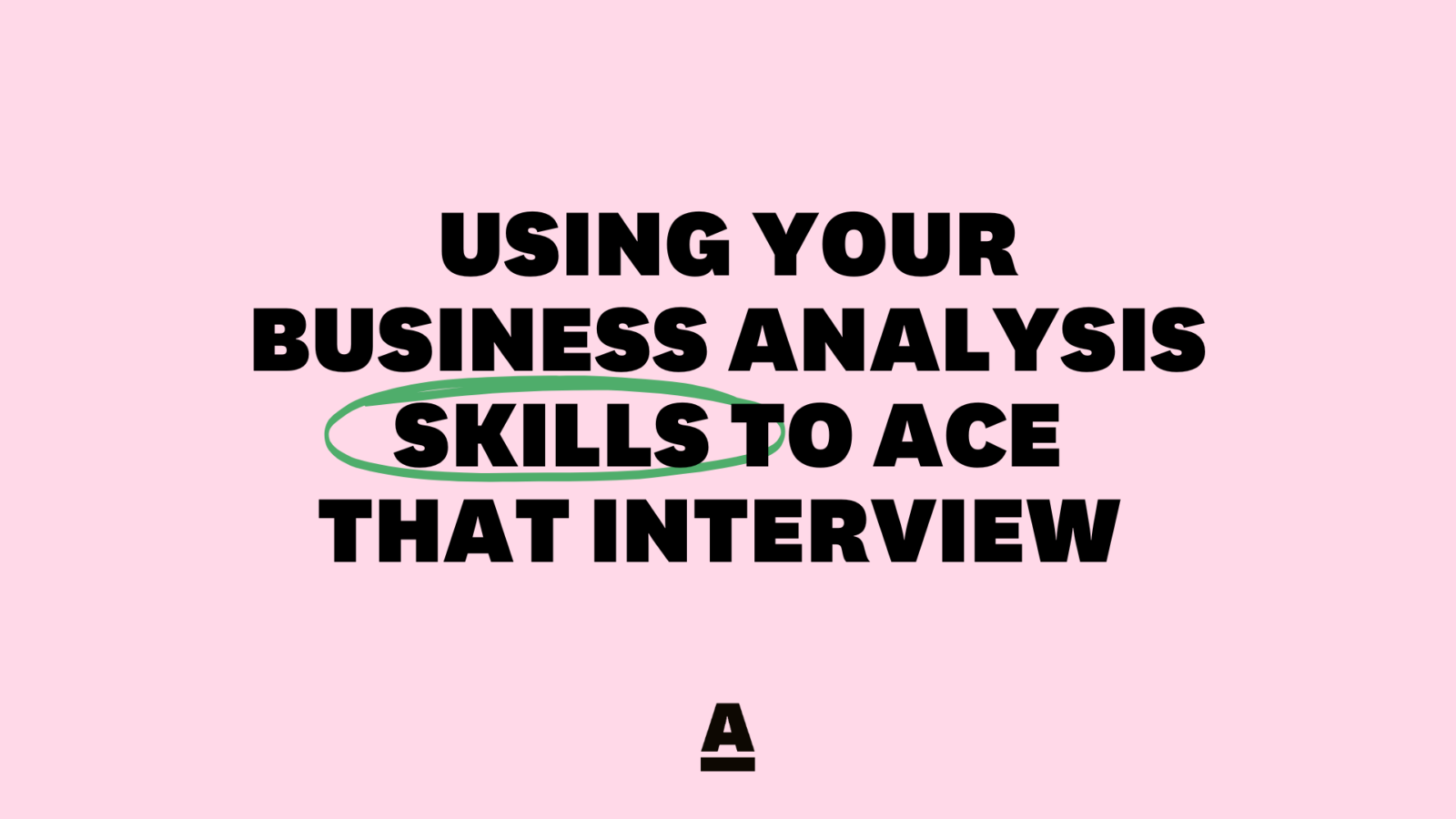So, you’ve gained your first Business Analyst qualification and you’re eager to get started on your new career. The only thing standing in your way is the dreaded interview. But don’t worry, we’re here to give you some timely advice on how to use your finely honed BA skills to your advantage.
If you’ve decided to join the Business Analyst career path, then it’s pretty certain that your analytical skills are highly tuned: it’s time to get started with those Business Analysis techniques. Put them to use in your interview and win your dream job.
Research and analysis
Research is your friend here. Find out all you can about the company – appraise the company from a customer’s point of view – the ‘user experience’. Is their website easy to navigate? If it is an ecommerce site, how easy is it to complete your purchase? Does the company need or have social media? If so, what is it like? If the company provides a certain product, how intuitive is it to use? What are the instructions like? If you were in charge, how would you improve these experiences?
Perform an external and internal environmental analysis on the company you want to work for, using your PESTLE, Porter’s 5 Forces and MOST auditing skills.
Your Business Analysis investigation techniques
PESTLE: Look at how the company might be impacted from a political, economic, socio-cultural, technical, legal, and environmental change point of view. Does Government policy affect the company? What is the impact of Brexit? What about cultural and social trends – does social media have an impact on the company, or perhaps holiday demands may have an impact. After all, Christmas is coming up, how is that affecting your company of choice? Research possible legal aspects that may affect business, such as Health and Safety, or consumer laws, especially those governing Brexit. Investigate the effect Brexit could have on the company’s supply chain: is the organisation looking to change suppliers, and if so, what processes may need to change? How does this need to be managed?
Porter’s 5 Forces: analysing your chosen company’s competition is also a must. What are your company’s USPs? Can you find out how strong the company is in its market? Could it be under threat from new entrants or substitute products or services?
MOST: As you will have learnt on your course, MOST stands for Mission, Objectives, Strategy and Tactics. What does the company want and how does it want to achieve this? Does their website give their mission statement? You can use this as a starting point for your research. You could put together your own direction for the company, working out a long-term strategy and a plan for its completion! Try HMRC for a copy of the latest accounts, which may contain some useful information.
Take your interview to a whole new level with your personal skills
So those are your analytic skills taken care of. Now let’s talk about the personal skills that make you such a good Business Analyst. Research and analysis are impressive skills, but a Business Analyst needs to be multi-talented, and be able to use the ‘soft’ skills as well. The skills we mentioned in our blog What makes a great Business Analyst can be used to your advantage here.
Communication and influencing skills are high on the list of must-haves for a Business Analyst, so show them off in your interview. Communicate your ideas and carefully prepared research to the interviewer(s). Maybe you can influence them to take on some of your amazing ideas!
Time to start building those relationships. If you can create a bond with your interviewer in a high-stress situation like an interview, it will be clear that your relationship building skills are top notch.
Here at Amatis Training we hope that these tips help you succeed with your next interview. We’d love to hear how it went. Good luck, and ace that interview!
Amatis Training – what we offer
Amatis Training provides BCS accredited Business Analysis training and consultancy courses, mentoring and support at foundation, practitioner, and professional levels.
For more information about Business Analyst certification and the courses available, take a look at our Courses page, or contact us for the chance to discuss the courses further with an expert.

